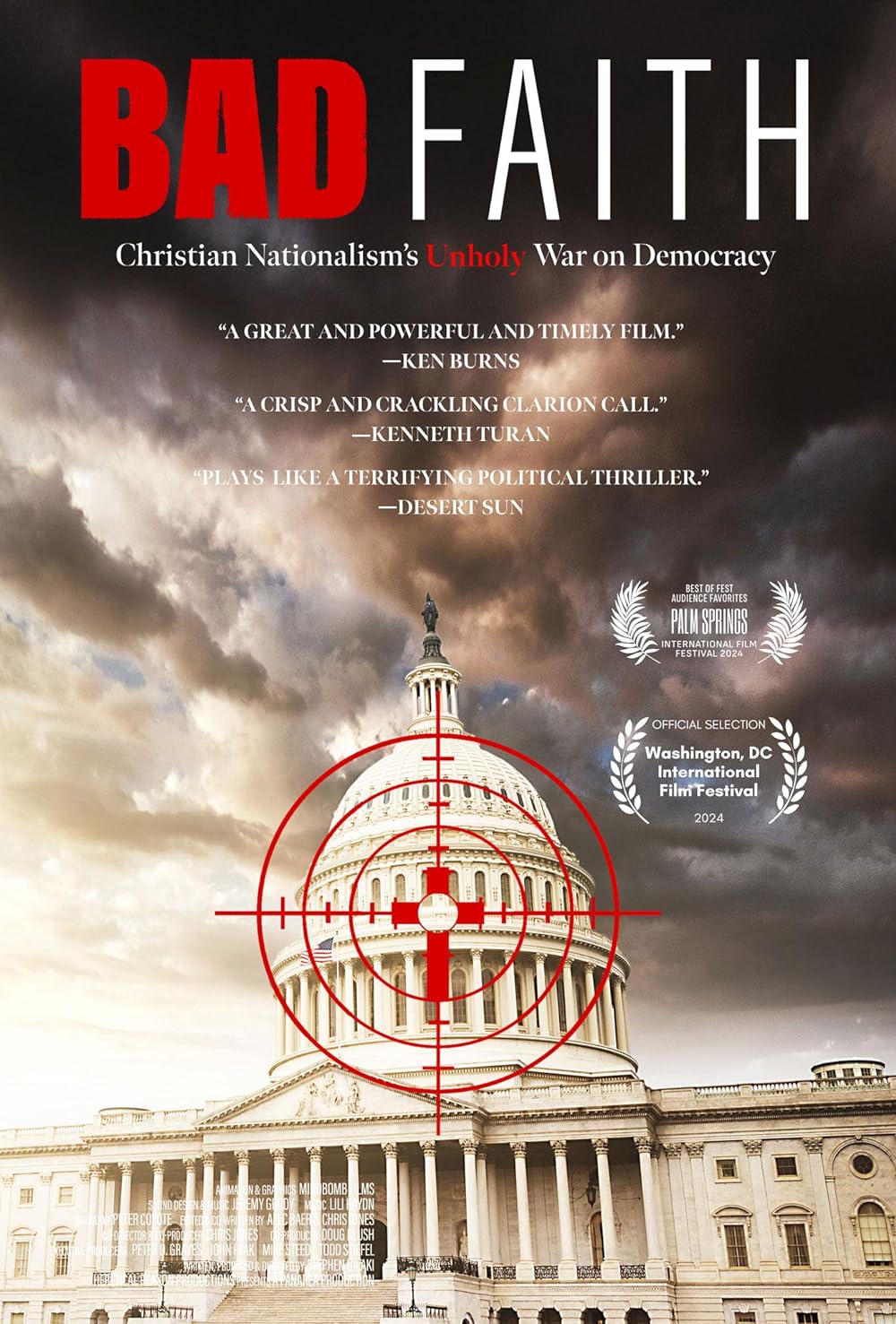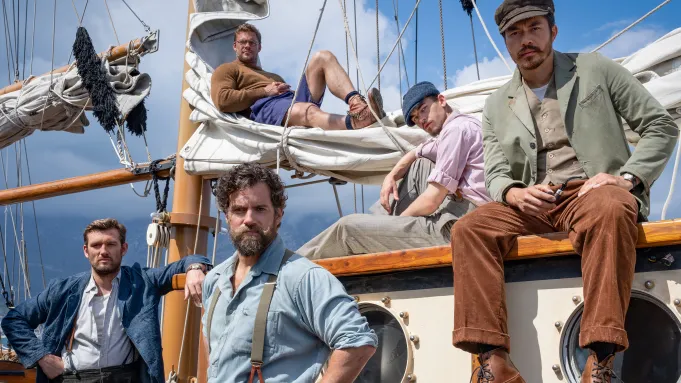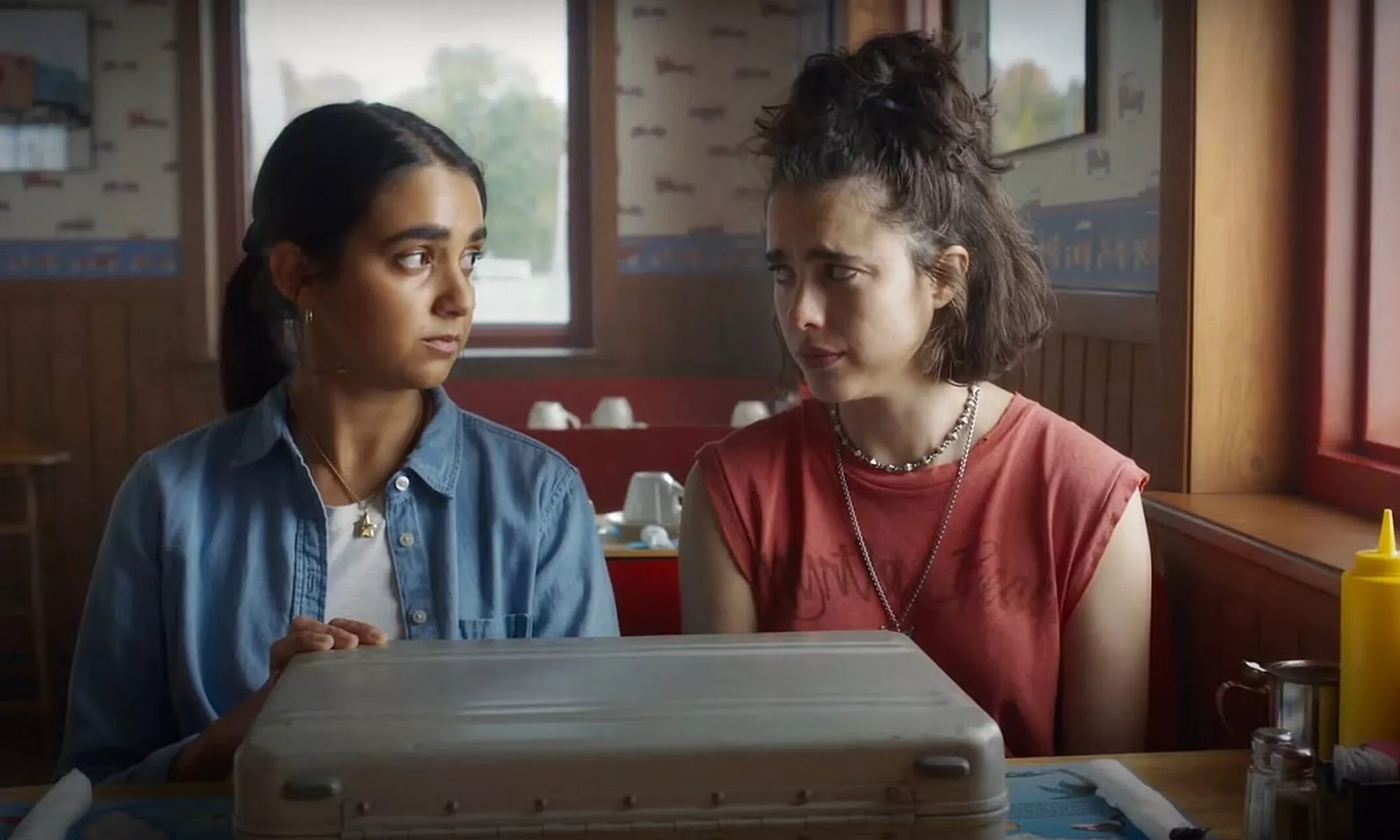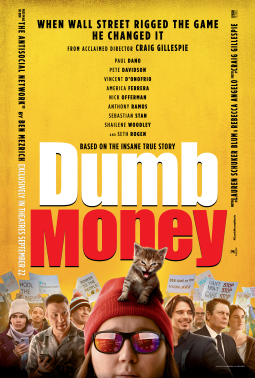Two for the Money
Posted on October 4, 2005 at 8:03 pm
B| Lowest Recommended Age: | Mature High Schooler |
| Profanity: | Very strong language, constant use of the f-word |
| Nudity/ Sex: | Brief nudity, sexual references and an explicit sexual situation, prostitutes, references to sexual abuse |
| Alcohol/ Drugs: | Drinking, smoking |
| Violence/ Scariness: | Character strong-armed, threatened with a gun |
| Diversity Issues: | Diverse characters |
| Date Released to Theaters: | 2005 |
There’s only one possible reason that Brandon Lang (Matthew McConaughey), a one-time quarterback with a busted knee turned 900-number sportsline win-predictor sticks around after he finds out what is really going on in the big-money sports betting advice, and it’s the same reason we stick around, too. We can’t take our eyes off of Al Pacino as Walter Abrams.
Brandon’s entire life has been sports for as long as he can remember. First it was because he thought if he was really, really good at sports, his father wouldn’t leave. Then, after his father left, it was because of the purity of sports, because it was a place where everything could be made right with just one play, just one score.
But Brandon’s hopes for a professional career ended with the knee injury. He worked the 900-number job in Las Vegas for a while and then one day got a call and an airplane ticket from Walter, offering him a chance at the big time.
Walter and his wife Toni (Rene Russo) introduce Brandon to the finer things in life — $12 bottles of water, thousand dollar suits, four-figure-a-night female companionship, use of the f-word, and a roomy apartment in a brownstone that also houses Walter, Toni, and their 6-year-old daughter and his company’s offices. It’s like a sort of “Real World: High Stakes Gambling” edition.
It’s a Faustian hubris story, with aw-shucks Brandon being transformed by Walter. Brandon gets a new look and even a new name. Betting is illegal in 49 states, but giving people advice on betting is not, and Walter has made a thriving business out of a cable show (Call 1-800-Bet-it!) that, like a drug dealer, gives away the first hit for free, and then pushes the high fliers to go for more.
Walter knows that the agression, testosterone, competitiveness, and impulse control problems of gamblers makes them very susceptible to sales pressure, and he has no qualms about applying pressure to his employees to get them to squeeze the suckers even harder. He even trolls Gamblers Anonymous meetings for those who might be ready to fall off the wagon. “You’re selling the world’s rarest commodity,” he tells Brandon, “certainty in an uncertain world.”
And Walter knows uncertainty. He insists he can beat anyone else’s rotten childhood story with his own. As Toni explains, he belongs to any group with an “Anonymous” at the end of it. The fun of this movie is seeing Pacino dive into the part and hang on for dear life.
That almost makes it possible to ignore the storyline, which zigzags from predictable to inconsistent with a slight detour into makes-no-sense-ville.
Parents should know that the movie has constant use of the f-word and other bad language. The movie includes sexual references (including prostitution and abuse) and an explicit sexual situation with brief nudity. Characters drink and smoke. A character is pushed around and threatened with a gun.
Families who see this movie should talk about what drew Brandon and Walter to each other and what made it hard for them to keep working together.
Families who enjoy this movie will also enjoy Boiler Room and On Any Sunday.






